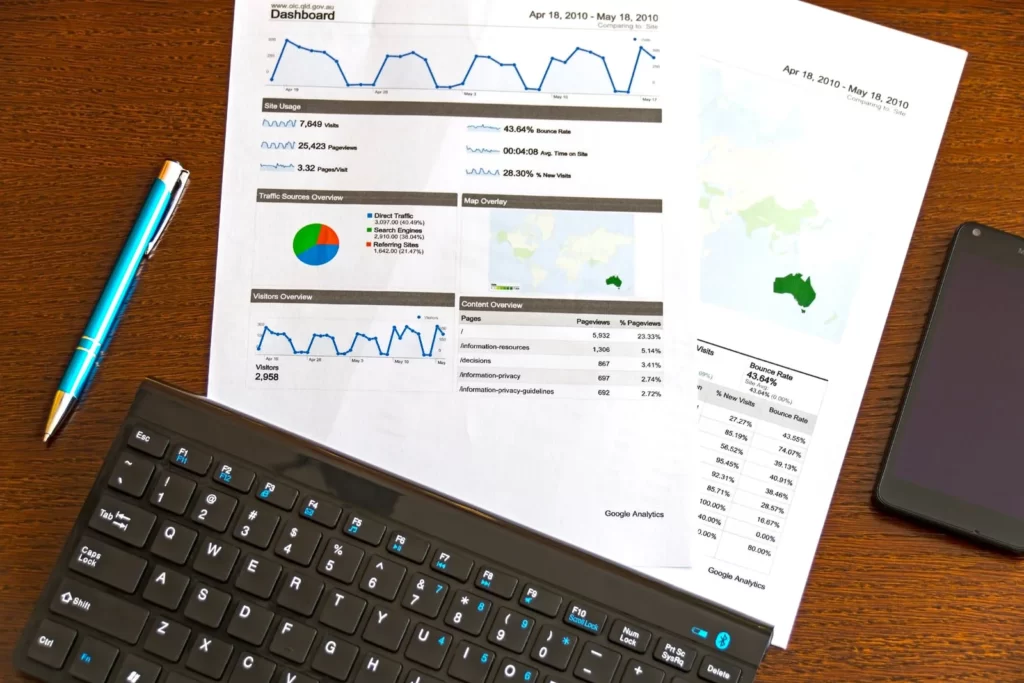Philippines Best SEO Data Analysis and Reporting Specialist
Key aspects of SEO data analysis and reporting include:
Data Collection: Collect data from various sources, including tools like Google Analytics, Google Search Console, third-party SEO tools, and social media platforms. This data encompasses metrics such as organic traffic, keyword rankings, click-through rates, conversion rates, bounce rates, and more.
Data Interpretation: Analyze the collected data to identify trends, patterns, and correlations. This involves understanding how different SEO strategies are influencing the website’s performance.
Performance Metrics: Evaluate key performance metrics to measure the effectiveness of SEO efforts. Metrics include organic traffic growth, keyword ranking improvements, user engagement, and conversions.
Keyword Analysis: Monitor keyword performance and identify which keywords are driving the most traffic and conversions. This helps refine keyword targeting strategies.
Backlink Analysis: Examine the quality and quantity of backlinks and their impact on the website’s authority and rankings.
Competitor Comparison: Compare your website’s performance with that of competitors to identify strengths, weaknesses, and areas for improvement.
Conversion Tracking: Monitor how organic traffic is converting into leads, sales, or other desired actions on the website.
Traffic Sources: Understand the sources of organic traffic, such as search engines, referral sites, and social media platforms.
User Behavior: Analyze user behavior on the website, including page views, time on site, bounce rates, and exit pages. This provides insights into user engagement and site usability.
Reporting: Compile the findings and insights into a comprehensive report that presents the data in a clear and understandable format. Reports can include visualizations like charts and graphs to highlight trends and outcomes.
Recommendations: Based on the data analysis, provide actionable recommendations for optimizing SEO strategies. These recommendations can guide future efforts to improve rankings and performance.
Tracking Progress: Regularly track and compare data over time to measure progress and adjust strategies accordingly. This ensures that SEO efforts are aligned with goals and objectives.

